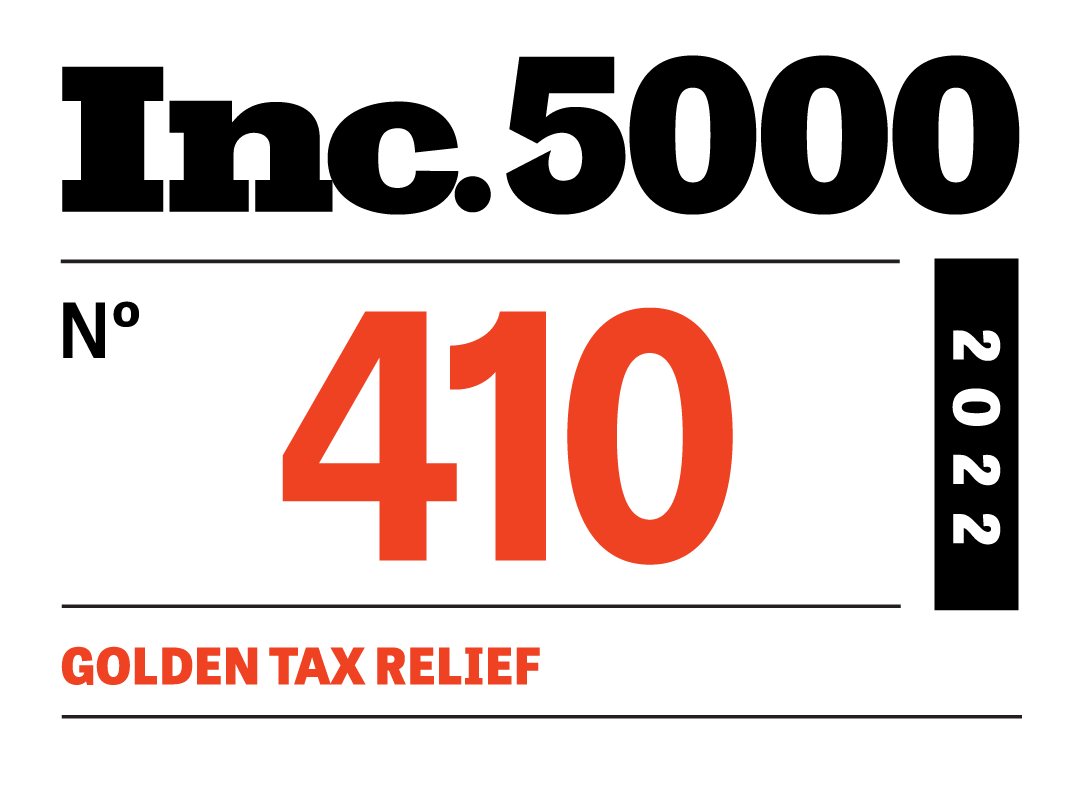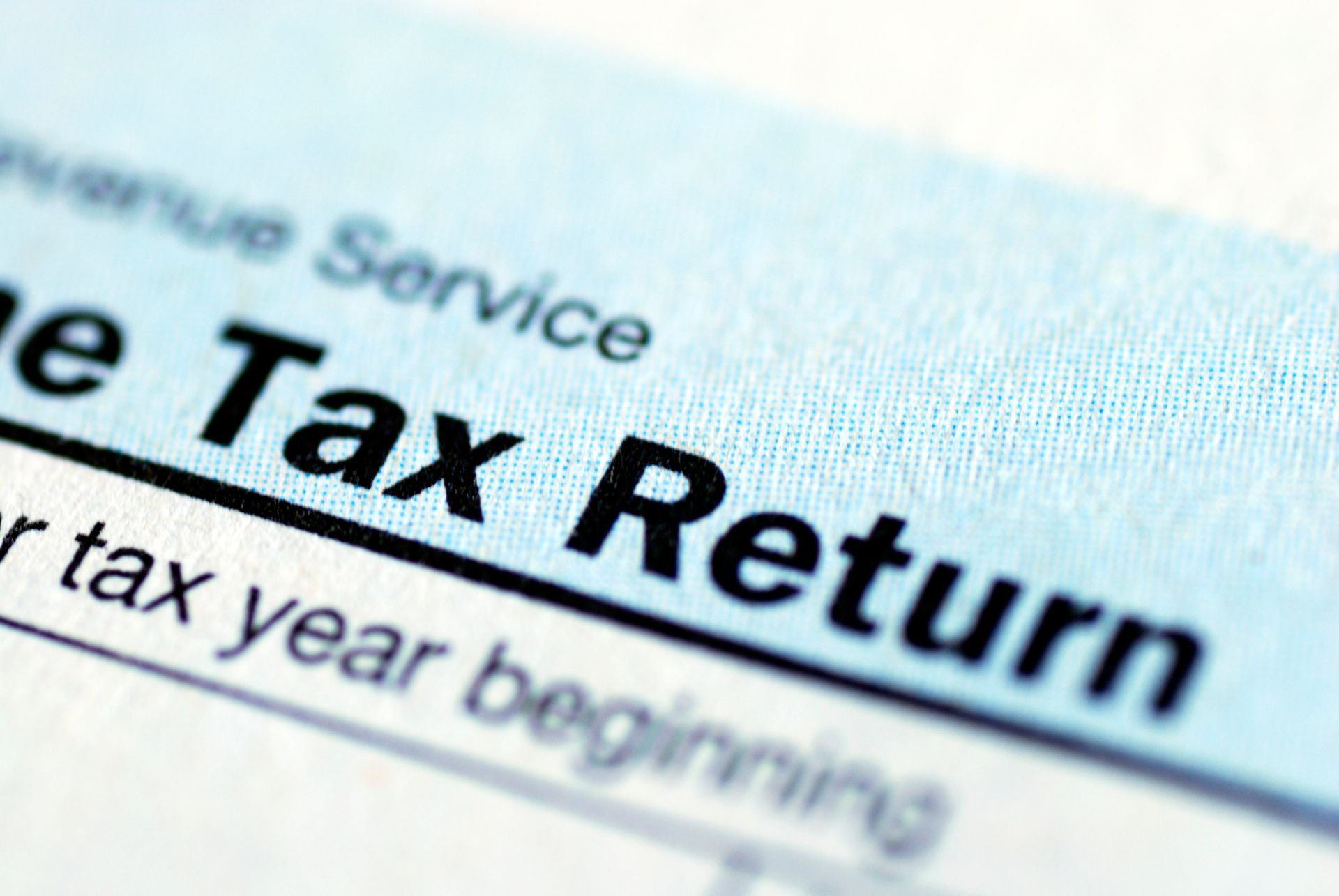Ranked in Top 500 Fastest Growing Companies in The USA

Small Business Owner: Owe Payroll Taxes? Here’s What To Do.

Unpaid payroll taxes are a serious matter to the IRS and are some of the worst kind of back taxes you can owe. If you’re a small business owner with a payroll tax problem, read on to learn what you can do to avoid the IRS crippling your business or worse, shut your business down completely.
Already in payroll tax trouble? Contact us to schedule a free, no-obligation consultation and let’s get your payroll tax issue resolved. Visit www.irstroublesolvers.com or call us at 877 4 IRS LAW.
Why Small Business Owners Get Into Payroll Tax Trouble In The First Place
It’s hard being a small business owner today, trying to pay your employees their paychecks every week, and pay the IRS all those payroll taxes!
A lot of times when money is short, you pay the employees first. It’s a natural thing to do—you need to take care of your employees, even if you have to skip paying yourself! Besides, if you don’t pay them, they’ll quit and you will have to hire new people all the time.
It can seem easy to “just pay the 941 taxes next pay period” and give yourself a little cash flow cushion, but skipping paying your employees payroll tax deposits is never a good idea.
What happens too often is 1 pay period turns into 2, and 3, and 4, and eventually you’re so deep in payroll tax debt that the only thing you want to do is completely ignore your problem.
Except the IRS doesn’t care about your financial problems. They just want you to pay your payroll taxes!
The IRS doesn’t care if you can’t pay your employees. They don’t care if they put your employees out on the street. They don’t care if you can’t collect your receivables. They don’t care if one of your largest and best customers just went “belly-up”. All they care about is you have money that belongs to them and they will do whatever they have to, even put you out of business, to collect it. They don’t care who you are, or even what business you are in.
Penalties are The Kiss of Death When It Comes To Back Payroll Taxes
Penalties for failing to file and pay your payroll taxes are the “kiss of death” for any small business owner. They tack on penalties totaling 33% in just the first 16 days! And it doesn’t stop there. The IRS adds interest on top of the penalties too. It is not uncommon that a payroll tax liability doubles in short order. And if you don’t pay them or work something out, they will shut you down! It’s much less work for the Revenue Officer, as most are lazy, to simply close you down than work out an arrangement with you.
They IRS Will Collect or They Will Shut You Down
It’s as simple as that. The IRS is the most brutal collection agency on the planet. They have more authority than the President of the United States! And they have all the ways and means to do whatever it takes to collect what’s owed to them. You didn’t wake up in the morning, go to work, and say to yourself, I’m not paying my payroll taxes because you didn’t want to. The money simply wasn’t there. It’s not your fault. One week you’re short of cash. It was a slow week, a customer’s check bounced, or any number of legitimate reasons that just prevent you from paying the IRS. You’re a good person. You figure you will make it up the next week. But then next week comes and goes, and you realize you still don’t have enough money to make that payroll tax deposit. And then the entire situation starts “snow-balling” into an avalanche.
Should You Call The IRS To Get Your Payroll Issue Fixed?
If you were to call the IRS, and were able to get through after waiting on “hold” for an hour or two, and try to explain your situation—you might as well have a conversation with the wall—because they don’t care. The IRS representative that you’re talking to probably makes less than $20 an hour, and is poorly trained. Do you think they ever had to make a payroll in their life? Do you think they know what it’s like running a small business? Do you really think they will have any sympathy for you?
Not only is the answer “NO” but they can also dictate the fate of your case. What they will try to get, while you’re on the phone, is all your personal and financial information. They want to know where you bank; they’ll want to know all about your customers who owe you money, they’ll want to know about the value of all your assets, like your home, cars, motorcycles, etc. Why? Because now they have all the information they need to levy your bank accounts, take your receivables and seize your property.
Now that you know you shouldn’t be talking to the IRS because they are not going to help you, you might be wondering what you should do? Where should you turn for help? They smartest thing you can do to protect your business and family is to have someone represent you—someone who deals with the IRS for a living. You need to get help—but not just from anyone—you need help from someone who is an experienced competent professional, and deals with the IRS every day, helping small business owners keep their businesses and settle IRS payroll tax problems.
If you were charged with a serious misdemeanor or felony, would you go to court without a lawyer? You don’t want to represent yourself before the IRS either. You need professional, expert representation.
Reach out to our firm and we’ll schedule a no-obligation confidential consultation to explain your options to permanently resolve your tax problem. Visit www.irstroublesolvers.com or call 877 4 IRS LAW. Our expert tax resolution professionals know how to navigate the IRS maze.
Once you decide to retain us, we step into your shoes and protect you from the IRS’s abusive tactics. We take over all communications from the IRS on your behalf. You don’t have to speak with the IRS anymore. We do. Not only that—they are not allowed to talk to you once you’ve signed our Power of Attorney! Once they realize you have someone on your side protecting you, who knows their tricks as well as they do, they have to step back and follow the law. Not only can we protect you from the IRS harassing you, calling you, and showing up at your front door, we can get those penalties reduced and in some cases completely removed!
Contact us now and let’s get your payroll tax issue resolved! Visit www.irstroublesolvers.com or call 877 4 IRS LAW today!












